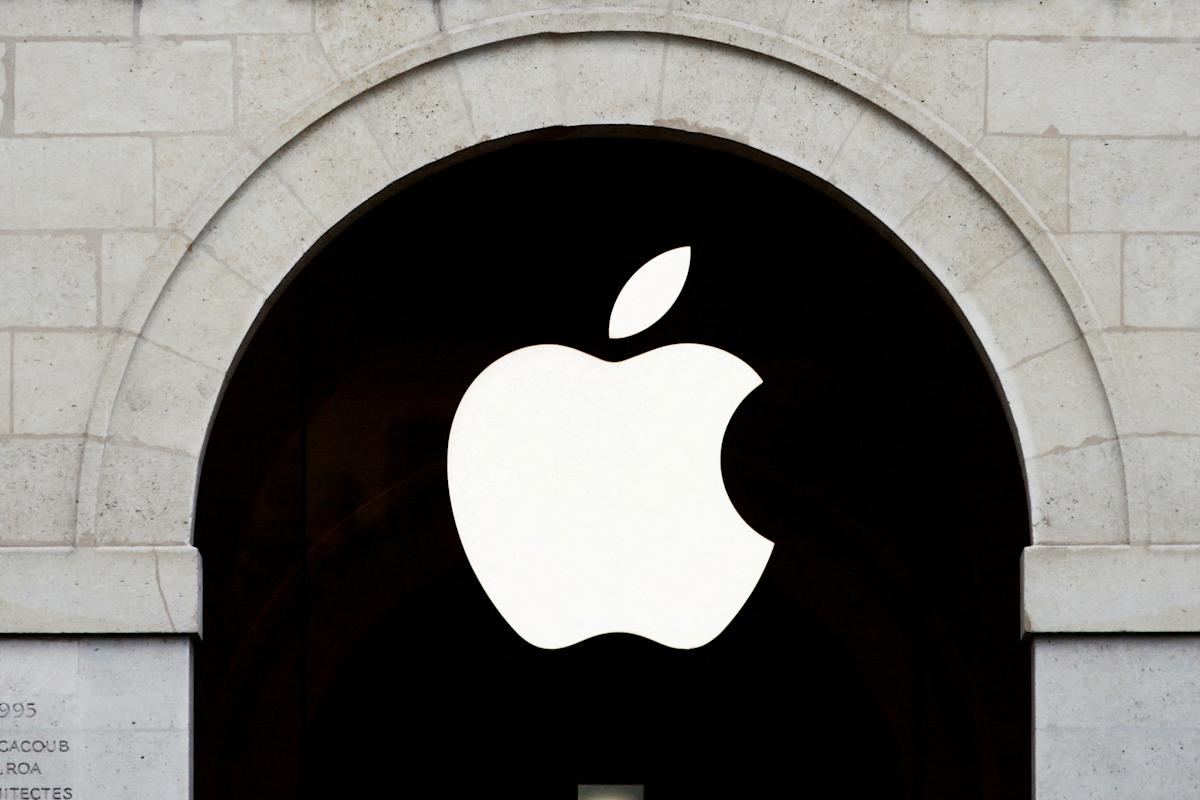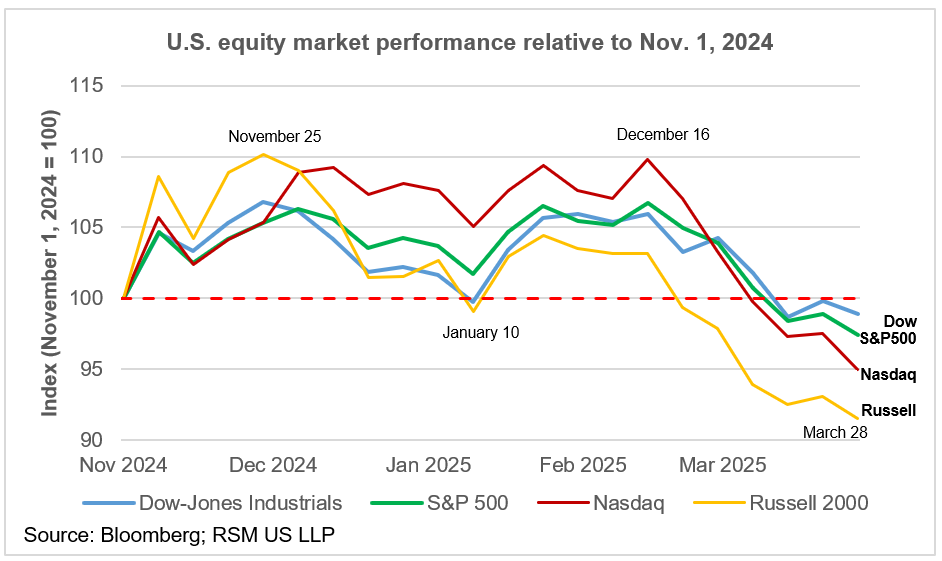Apple Shares Plummet as Trump Tariffs Threaten to Crush Chinese Tech Imports
Finance
2025-04-08 18:12:57Content

Apple's stock took a significant hit on Tuesday after the Trump administration announced plans to impose a staggering 104% tariff on certain Chinese goods, sending ripples of concern through the tech and investment markets. The dramatic tariff increase threatens to escalate trade tensions between the United States and China, potentially impacting Apple's global supply chain and market performance.
Investors quickly reacted to the news, driving Apple's share price downward as concerns mounted about the potential economic implications. The proposed tariff represents an unprecedented level of trade restriction that could disrupt Apple's manufacturing relationships and increase production costs.
This latest development underscores the ongoing challenges faced by tech companies navigating the complex landscape of international trade relations, with Apple finding itself at the center of geopolitical economic pressures. The market's immediate response highlights the sensitivity of technology stocks to trade policy changes and the broader economic uncertainties surrounding US-China trade negotiations.
Tech Titan Trembles: Apple's Stock Plummets Amid Escalating Trade War Tensions
In the ever-shifting landscape of global technology and international commerce, Apple Inc. finds itself at the epicenter of a dramatic economic confrontation that threatens to reshape the technological marketplace and challenge the delicate balance of international trade relations.Navigating Turbulent Economic Waters: A Critical Moment for Tech Giants
The Tariff Tsunami: Unpacking the 104% Trade Barrier
The recent announcement by the Trump administration has sent shockwaves through the global technology sector, implementing an unprecedented 104% tariff on Chinese goods that promises to fundamentally disrupt existing economic ecosystems. This extraordinary measure represents more than just a financial obstacle; it's a strategic maneuver with far-reaching implications for multinational corporations like Apple, which have built intricate global supply chains dependent on international manufacturing relationships. The tariff's magnitude is unprecedented, effectively doubling the cost of imported goods and creating a seismic shift in international trade dynamics. For Apple, a company renowned for its complex global manufacturing network, this development represents a potentially existential challenge that could force radical reimagining of its production strategies.Economic Ripple Effects: Beyond Apple's Balance Sheet
The immediate market response was swift and unequivocal, with Apple's stock experiencing a significant downturn that reflects broader investor uncertainty. However, the implications extend far beyond a single company's market valuation. This tariff represents a critical inflection point in the ongoing technological and economic competition between the United States and China. Investors and industry analysts are closely monitoring how Apple might adapt to these challenging circumstances. Potential strategies could include diversifying manufacturing locations, absorbing increased costs, or potentially passing these expenses to consumers—each approach fraught with its own set of complex challenges and potential market consequences.Strategic Resilience in a Volatile Global Marketplace
Apple's historical ability to navigate complex economic landscapes will be severely tested by these new trade restrictions. The company has consistently demonstrated remarkable adaptability, but the 104% tariff represents an unprecedented challenge that will require innovative strategic thinking and potentially transformative business model adjustments. The broader technological ecosystem will be watching closely, as Apple's response could set precedents for how multinational tech corporations manage increasingly complex geopolitical economic environments. This is not merely a financial challenge but a test of corporate resilience and strategic innovation.Geopolitical Dimensions of a Trade War
The tariff announcement transcends pure economic considerations, representing a complex geopolitical statement that intertwines technology, national security, and international relations. For Apple, a company that has built its global brand on innovation and international collaboration, this development presents a multifaceted challenge that requires nuanced, strategic responses. The potential long-term consequences could reshape global technology manufacturing, potentially accelerating trends toward regionalized production networks and challenging the existing paradigms of international tech supply chains. Apple's response will likely be studied as a case study in corporate adaptability and strategic navigation of complex geopolitical landscapes.RELATED NEWS
Finance

Empowering Communities: Why Connecticut's Financial Lifelines Need Your Support Now
2025-03-31 04:01:03
Finance

Finance Revolution: Gartner Unveils Radical Autonomous Finance Blueprint for CFOs by 2025
2025-04-02 13:30:00






